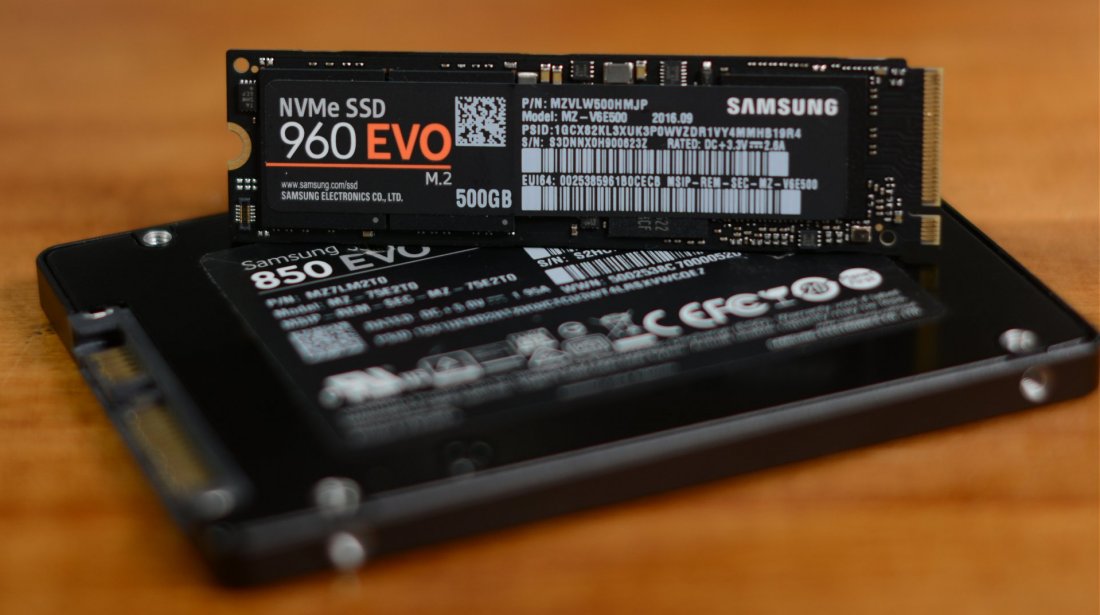
As if incredibly high graphics card and DRAM prices weren’t bad enough, we could soon be paying more for our SSDs, again—albeit only temporarily. A power outage at Samsung Electronics' NAND flash plant in Pyeongtaek last week has reportedly affected the world’s supply of these chips.
News outlets in Taipei and South Korea, along with Digitimes, report that the blackout lasted 30 minutes when it occurred on March 9. During this time, up to 60,000 wafers were damaged, which equates to 11% of Samsung's overall NAND flash output for the month.
As Samsung’s fabrication plant is responsible for so much of the world’s NAND flash production, the number of damaged wafers in the incident accounts for 3.5 percent of the global supply for March.

Thankfully, Samsung’s stockpile of NAND flash chips should mean that it can offset the wafer losses, while the company and its rivals are increasing global production to make up for the shortfall. However, sources say the power outage could still influence supply and pricing in the coming weeks, but it shouldn’t take long for the market to return to normal.
The end of March will see Samsung begin expansion of its Xi’an factory in Northwest China. In 2017, the company said it plans to invest $7 billion over the next three years to expand NAND production at the plant, which currently outputs 120,000 wafers per month. Once the initial expansion is complete, monthly capacity will have increased to 200,000.
https://www.techspot.com/news/73726-power-outage-samsung-factory-affects-35-global-nand.html